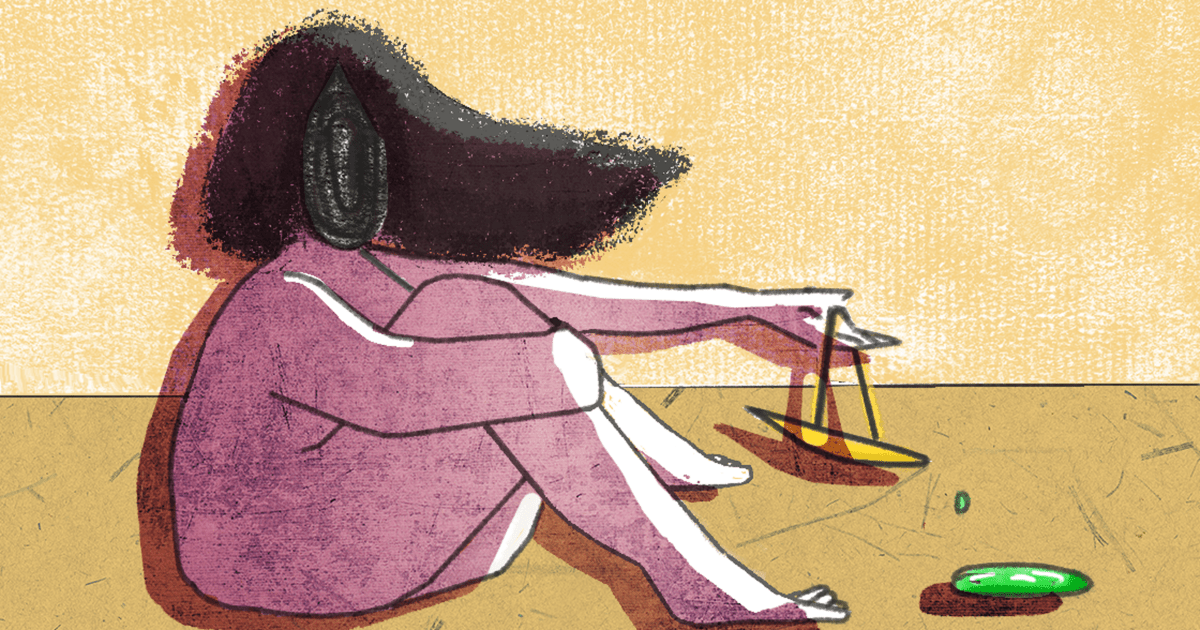You walk towards your destination, like every day, nothing seems strange and in less than five minutes your life has changed completely, if you are still alive. You don’t know how or when and you barely think of who; acid or some other chemical substance was thrown at you in order to torture, disfigure or kill you.
In Mexico, at least 30 women have been attacked with chemical substances in the last 20 years and, according to records from the Carmen Sánchez MX Foundation, not all of them managed to survive.
This foundation, created by Carmen Sánchez ––who was also the victim of an acid attack in 2014–– has compiled data on the particular characteristics of this type of violence: in 85% of cases the aggressors are men and in 90% of the attacks the chemical substance was directed towards the face.
Although attacks with corrosive substances are increasingly visible, Mexico has not yet produced official figures and, to date, this type of violence has not been recognized or named in the laws.
It was only thanks to the activism and persistence of the victims themselves, their families and feminist groups that the “Malena Law” initiative was presented to Congress, which seeks to make modifications to the law to classify attacks with acid.
What changes does the Malena Law propose?
The initiative honors María Elena Ríos ––whom those close to her call Malena–– a saxophonist originally from Oaxaca who was the victim of an attempted femicide carried out through an acid attack in September 2019.
Malena Law proposes modifications to the General Law of Access to a Life Free of Violence for Women, the essence and the most important point is that now, the law names and considers attacks with corrosive substances as a crime. So far, these attacks do not constitute a crime in itself, they are only aggravating other crimes.
By being classified as a crime, the aggressors could receive sentences of up to 12 years in prison and offer the victims or their families effective access to effective and comprehensive reparation for damages.
Another of the fundamental objectives of the Malena Law is that, based on these legislative modifications, justice processes are facilitated for women who are attacked in this way.
The proposal also seeks that, through the Ministry of Health, a register of records on incidents with acid and other substances be generated that serve to produce official figures on this type of violence.
Because it is important?
Although multiple expressions of violence against women and girls persist in Mexico, attacks with chemical substances constitute a very peculiar type of violence. According to the international organization of survivors of acid attacks, this type of violence has a very high symbolic charge, its fundamental purpose being to mark for life.
María Elena, Yazmín and Carmen ––just to name a few of the victims who have shared their testimonies–– have had to undergo dozens of fundamental surgeries to rehabilitate and improve their quality of life. In doctors, psychologists and legal consultancies they have invested not only time, but also money. And while the damage is irreversible, they seek justice as they reclaim their lives.
Acid assaults, unlike other assaults, go further in intent. In her essay General Aspects of Aggression with Acids, a Crime that Leaves a Mark, the researcher-teacher Judith Patricia Beltrán-Ramírez studies how these attacks seek to cause physical damage through deformity and psychological damage by reducing the person to a world of isolation.
And it also highlights the economic impact for the victims, due to social discrimination in the face of a disability, the expensive treatment and the temporary or work breaks that the treatments require.
Another of the aspects highlighted in this essay is the motivations of the aggressors, which in most of the cases studied are negatively channeled emotions: revenge, jealousy or pain. In a country with profoundly macho structures and very high levels of impunity, like Mexico, these attacks not only do not stop, but are increasing.
Although impunity in Mexico is not a surprise, violence against women and girls is one of the most obstacles encountered when seeking and finding justice and reparation for damages. And for the majority of women who have been attacked with chemicals, justice is still a long way off.
“Burning our bodies is a sign of extreme violence; the erasure of our identity”, says María Elena Ríos, who after three years of her attack still cannot start her life again; waiting for justice to arrive.

















